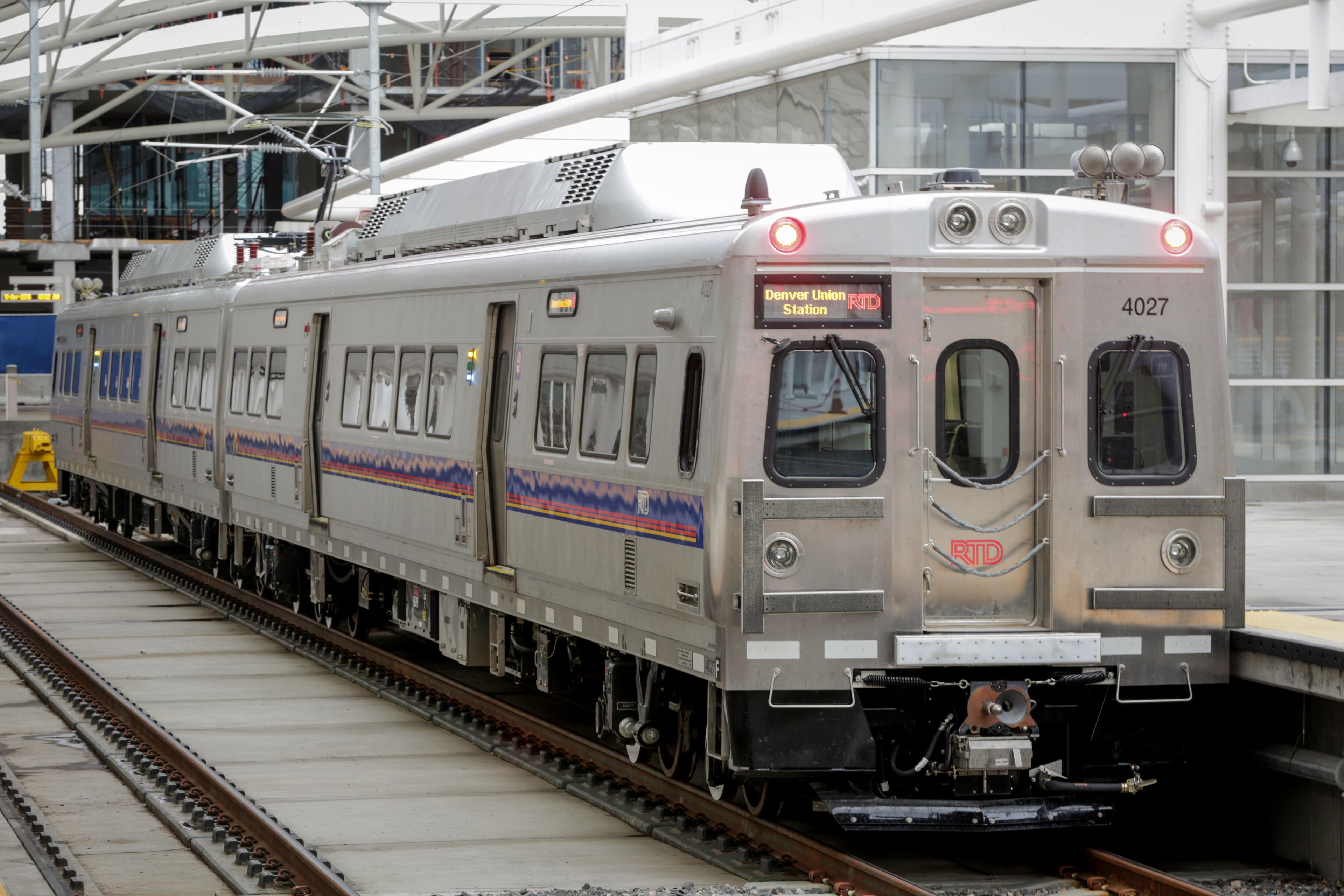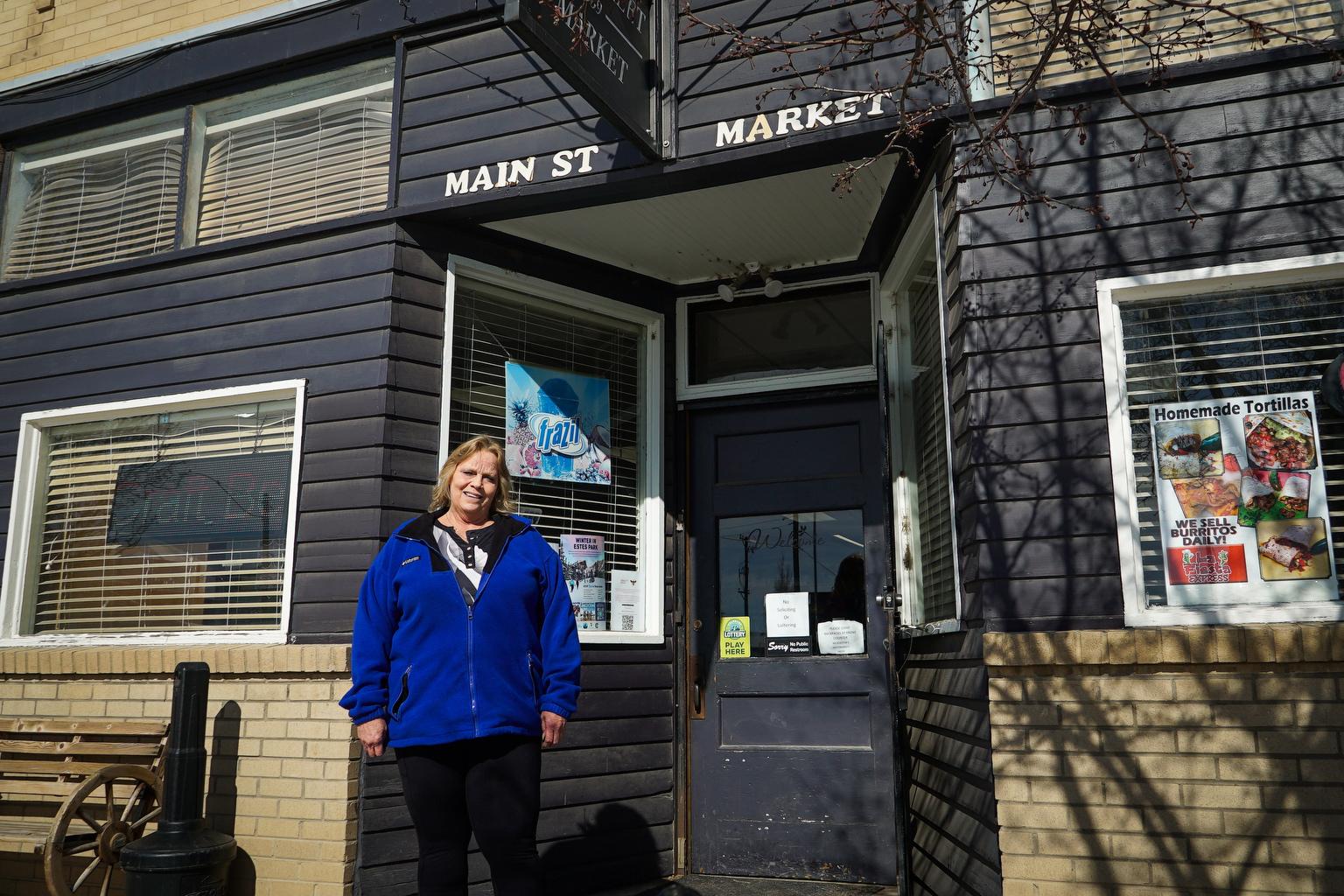
RTD’s reputation among its customers took a hit when two disabled trains on its flagship commuter rail line, the A Line to Denver International Airport, were stuck for more than three hours.
The April 20 incident left more than 200 passengers stranded without food, water or access to a bathroom. It was the first major issue on the train after months of relatively problem-free operation — a respite the line desperately needed to repair the poor reputation it earned in its rough first year.
That legacy was on the mind of the agency’s board of directors Tuesday night when they dished an hour of critical questions at executives from the private contractor, Denver Transit Partners, that operates the commuter line.
“I have a sense of pride in our reputation,” Larry Hoy, an RTD board member, told DTP executives. “It hurts when these kinds of things come up. And I hope you share in that pain.”
Board members applauded the contractor’s executives for taking their lumps in public, but said it was their duty to do so.
“You have come here tonight and you have fallen on your sword,” said RTD Board Chair Doug Tisdale. “It is obviously appropriate to fall on your sword. It is also necessary for you in a public forum to fall on your sword. That doesn’t fix the problem.”
Board members mostly decried DTP’s lack of communication with passengers and questioned what steps the company would take to prevent such incidents in the future. Denver Transit Partners General Manager Anne Herzenberg admitted the incident should have been handled better — and quicker.
“We never thought at any point during this whole emergency it was going to take as long as it did,” she said.
She faulted the company’s decision to try to couple a rescue train to one of the stuck trains. That effort failed, partly because of a steep grade and rainy conditions, Herzenberg said, and it took precious time.
“We should’ve simply brought in the rescue train,” Herzenberg said. “We could’ve evacuated the passengers onto the rescue train without coupling and we would’ve been out of this.”
Herzenberg said DTP will step up its training regimen and add customer service personnel, among other planned changes. She said the company has already revised its emergency response protocol. RTD COO Michael Ford, who himself was on one of the disabled trains, said the agency will review regularly scheduled audits to check the contractor’s work.
“We take this matter very seriously,” Ford said. “We do not want to run a system that people are hesitant to get on.”
The meeting amounted to the sharpest criticism RTD has levied publicly against its contractor, but it appears there’s been no structural damage to the two organizations’ relationship. RTD and Denver Transit Partners have a decades-long agreement for the operation and maintenance of the A Line, the B Line to Westminster and G Line to Arvada.
Moody’s recently warned investors RTD could walk away from the contract because of other operational issues, but RTD said it has no intention of doing so. The two organizations are currently in negotiations over the cost of flaggers imposed by the Federal Railroad Administration and the state Public Utilities Commission and lost service payments that amount to tens of millions of dollars.
While some board members were more than willing to place some blame on its contractor, board member Charles Sisk said RTD itself is implicated as well. But he warned his attitude may change if more headline-grabbing incidents happen.
“These are our constituents and we failed them, pure and simple. We need to step up and accept that responsibility,” he said. “And I say we — RTD, DTP. I’m not willing to say lessons learned. I’m saying it can’t happen again. First time, shame on me. Second time, shame on you.”









